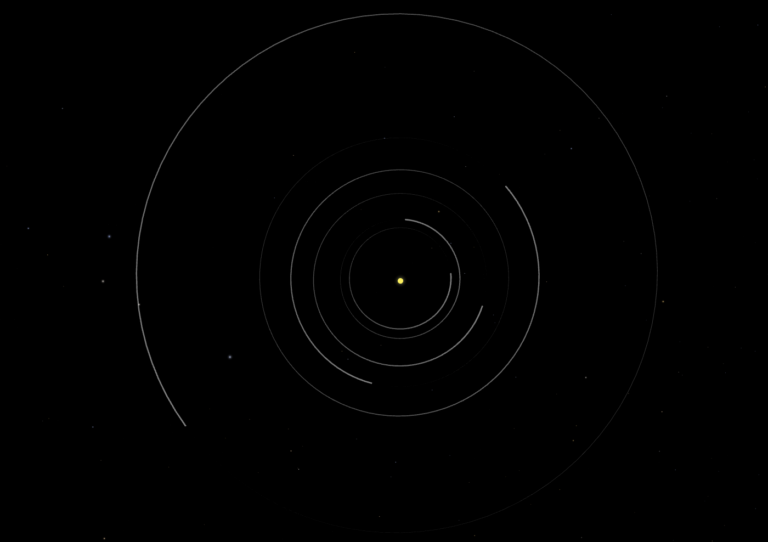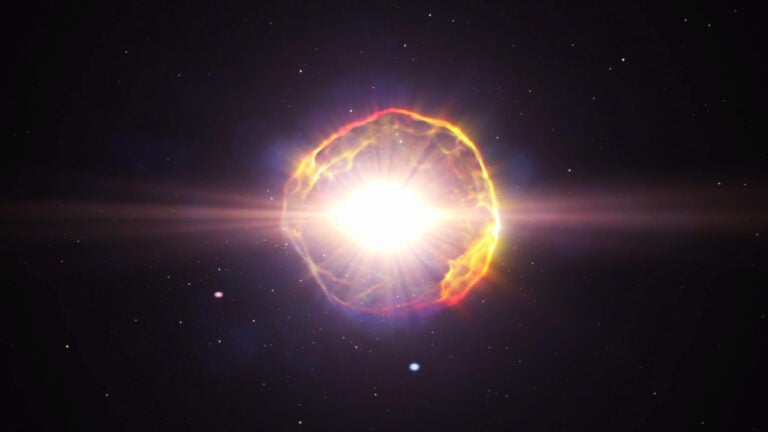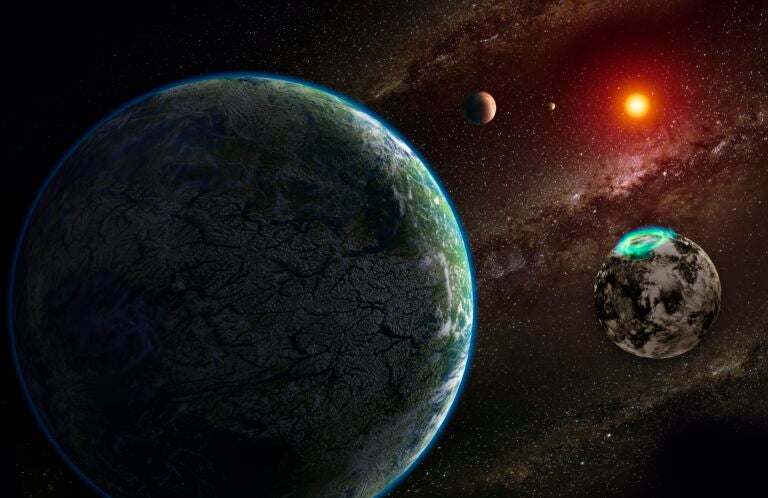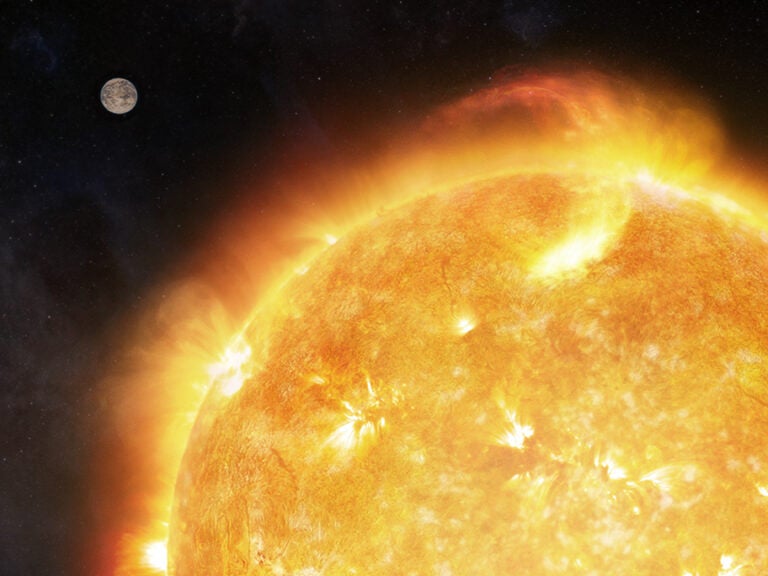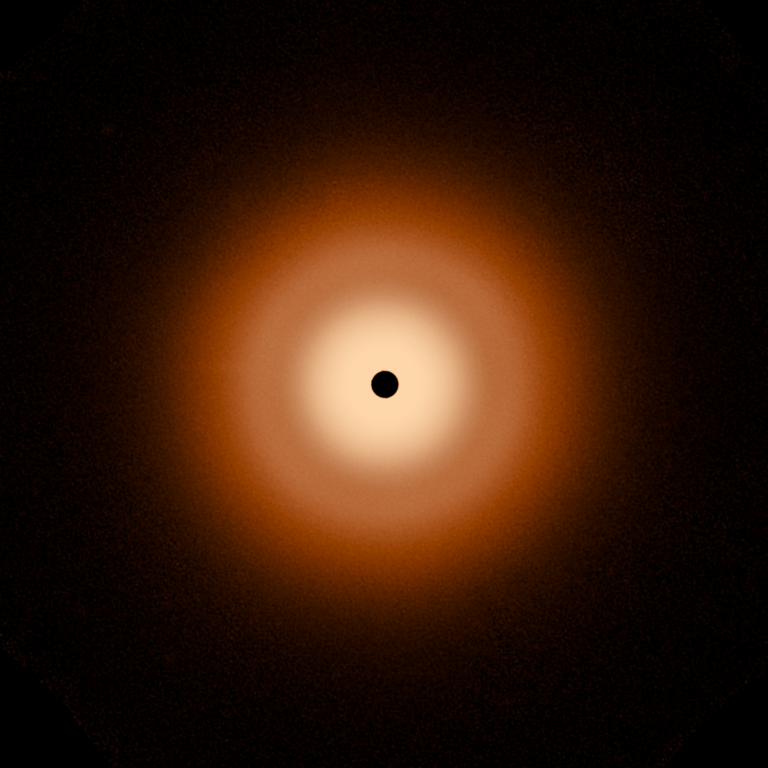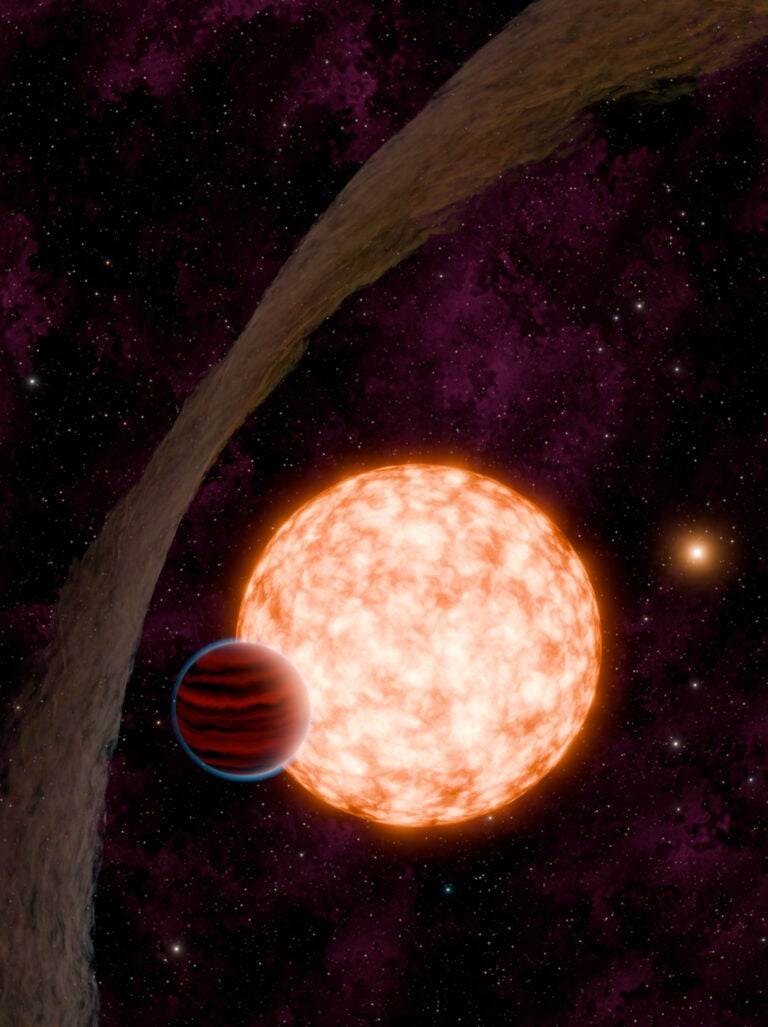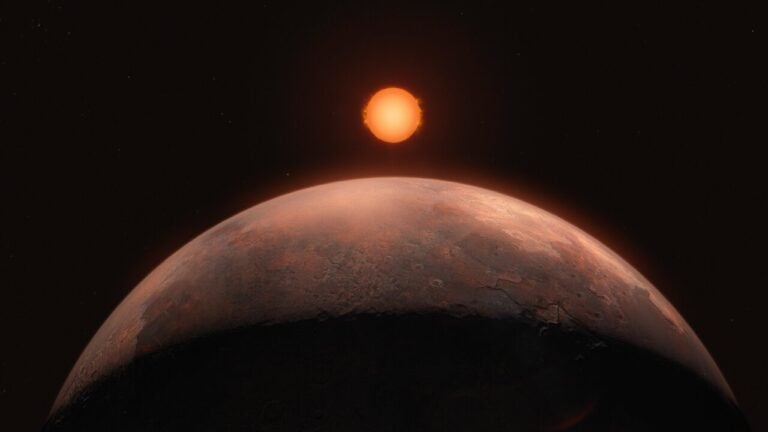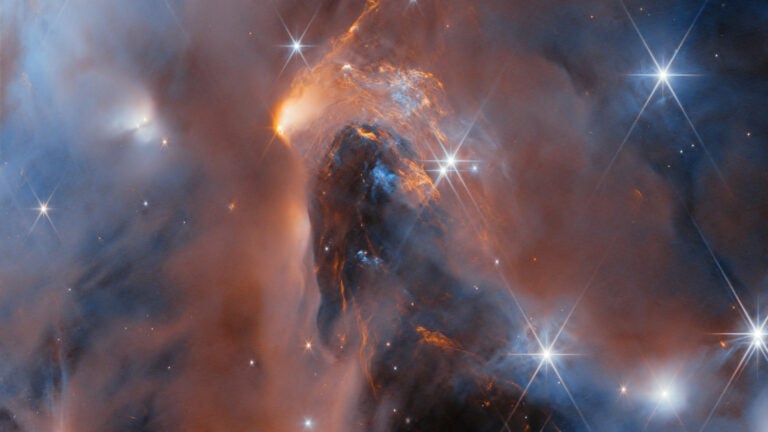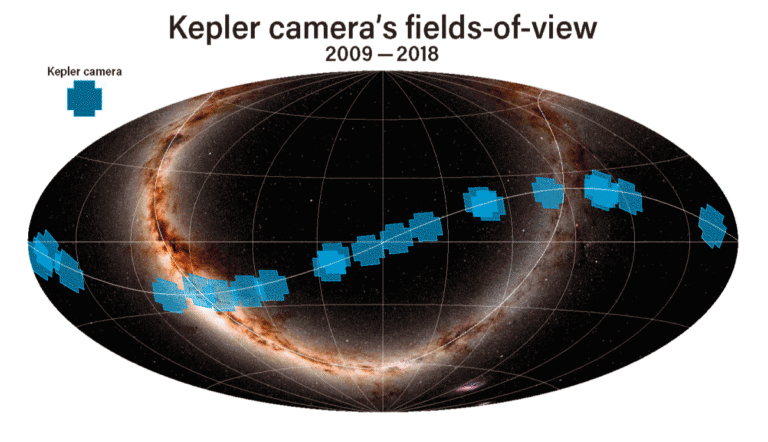Today, however, we know that such a world could not remain undetected for many reasons. Let’s examine just two of them.
The gravitational influence of another Earth in that part of the solar system would have a wide-reaching effect on all nearby objects: Mercury, Venus, us, the Moon, Mars, and beyond. Over time, astronomers would be able to detect the tiny variations in position and, using the law of gravitation, quickly calculate the source of the problem.
These disparities would show themselves in the motions of comets, and in spectacular ways. Comets appear large, but the actual bodies are no more than a few miles in diameter. The gravitational influence of another body as massive as Earth would throw their orbits — that astronomers calculate with such precision — into chaos.
So, a counter-Earth would affect the motions of all nearby objects, but the reverse also is true. Let’s take Venus as an example. It approaches Earth as close as 25 million miles every 584 days. Logically, Venus would also approach the counter-Earth that closely. Venus has about 80 percent of Earth’s mass, so after even a few dozen passes, Venus’ gravitational influence would move the hidden world to a position where we could view it directly. And all the while Mercury, Mars, and even Jupiter would be adding their not insignificant influences.
Senior Editor


